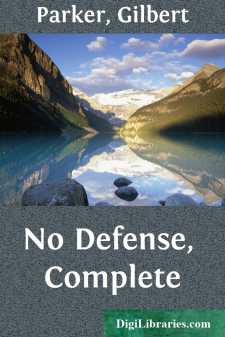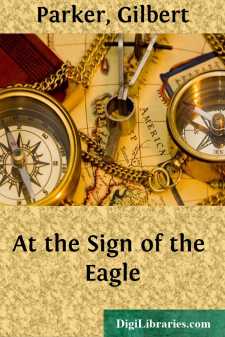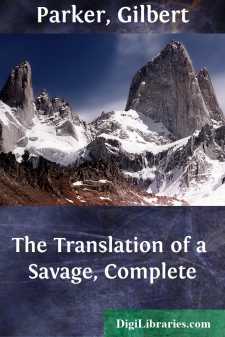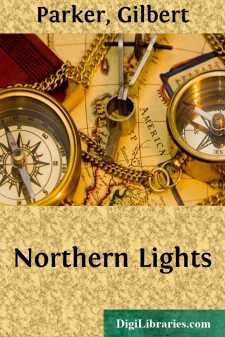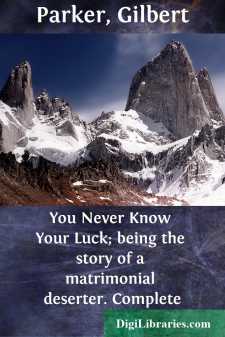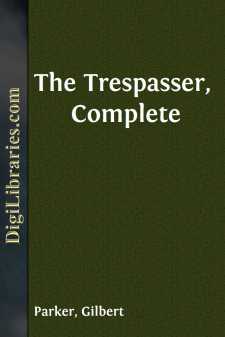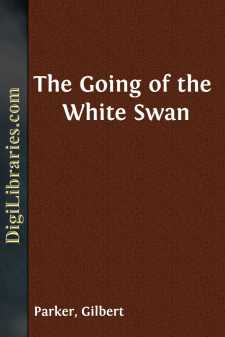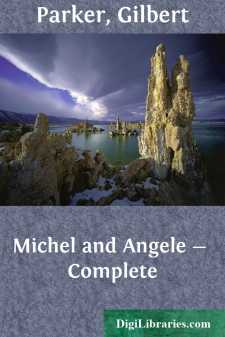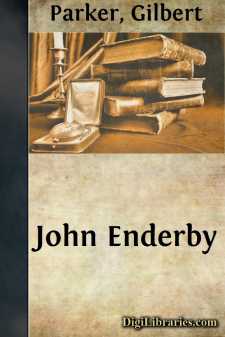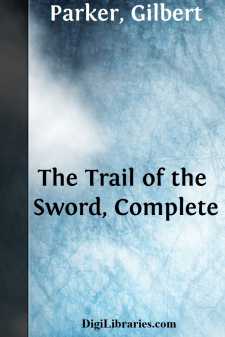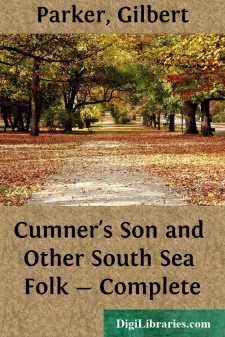Categories
- Antiques & Collectibles 13
- Architecture 36
- Art 48
- Bibles 22
- Biography & Autobiography 813
- Body, Mind & Spirit 142
- Business & Economics 28
- Children's Books 15
- Children's Fiction 12
- Computers 4
- Cooking 94
- Crafts & Hobbies 4
- Drama 346
- Education 46
- Family & Relationships 57
- Fiction 11829
- Games 19
- Gardening 17
- Health & Fitness 34
- History 1377
- House & Home 1
- Humor 147
- Juvenile Fiction 1873
- Juvenile Nonfiction 202
- Language Arts & Disciplines 88
- Law 16
- Literary Collections 686
- Literary Criticism 179
- Mathematics 13
- Medical 41
- Music 40
- Nature 179
- Non-Classifiable 1768
- Performing Arts 7
- Periodicals 1453
- Philosophy 64
- Photography 2
- Poetry 896
- Political Science 203
- Psychology 42
- Reference 154
- Religion 513
- Science 126
- Self-Help 84
- Social Science 81
- Sports & Recreation 34
- Study Aids 3
- Technology & Engineering 59
- Transportation 23
- Travel 463
- True Crime 29
No Defense, Complete
by: Gilbert Parker
Description:
Excerpt
CHAPTER I. THE TWO MEET
"Well, good-bye, Dyck. I'll meet you at the sessions, or before that at the assizes."
It was only the impulsive, cheery, warning exclamation of a wild young Irish spirit to his friend Dyck Calhoun, but it had behind it the humour and incongruity of Irish life.
The man, Dyck Calhoun, after whom were sent the daring words about the sessions and the assizes, was a year or two older than his friend, and, as Michael Clones, his servant and friend, said, "the worst and best scamp of them all"—just up to any harmless deviltry.
Influenced by no traditions or customs, under control of no stern records of society, Calhoun had caused some trouble in his time by the harmless deeds of a scapegrace, but morally—that is, in all relations of life affected by the ten commandments—he was above reproach. Yet he was of the sort who, in days of agitation, then common in Ireland, might possibly commit some act which would bring him to the sessions or the assizes. There never was in Ireland a cheerier, braver, handsomer fellow, nor one with such variety of mind and complexity of purpose.
He was the only child of a high-placed gentleman; he spent all the money that came his way, and occasionally loaded himself with debt, which his angry father paid. Yet there never was a gayer heart, a more generous spirit, nor an easier-tempered man; though, after all, he was only twenty-five when the words with which the tale opens were said to him.
He had been successful—yet none too successful—at school and Trinity College, Dublin. He had taken a pass degree, when he might have captured the highest honours. He had interested people of place in the country, but he never used promptly the interest he excited. A pretty face, a fishing or a shooting expedition, a carouse in some secluded tavern, were parts of his daily life.
At the time the story opens he was a figure of note among those who spent their time in criticizing the government and damning the Irish Parliament. He even became a friend of some young hare-brained rebels of the time; yet no one suspected him of anything except irresponsibility. His record was clean; Dublin Castle was not after him.
When his young friend made the remark about the sessions and assizes, Calhoun was making his way up the rocky hillside to take the homeward path to his father's place, Playmore. With the challenge and the monstrous good-bye, a stone came flying up the hill after him and stopped almost at his feet. He made no reply, however, but waved a hand downhill, and in his heart said:
"Well, maybe he's right. I'm a damned dangerous fellow, there's no doubt about that. Perhaps I'll kill a rebel some day, and then they'll take me to the sessions and the assizes. Well, well, there's many a worse fate than that, so there is."
After a minute he added:
"So there is, dear lad, so there is. But if I ever kill, I'd like it to be in open fight on the hills like this—like this, under the bright sun, in the soft morning, with all the moor and valleys still, and the larks singing—the larks singing!...


